Are you missing the early Warning Signs of Dementia in your clients?

What Early Warning Signs of Dementia Should CFPs Be Looking For?
As a Certified Financial Planner®, you're not just managing portfolios—you’re often one of the first people to notice when something is off. Subtle behavioral changes may hint at a deeper issue. Are you prepared to recognize the financial warning signs of cognitive decline?
The Overlooked Red Flags in Financial Behavior
Research shows that financial missteps may precede a formal dementia diagnosis by as much as six years. This is especially true among older adults who live alone. As cognitive ability begins to slip, so does financial judgment—and the signs often show up in your office before they show up in a doctor’s.
Watch for these potential early warning signs:
Hard to Prevent (But Need to Plan For):
- Rising care and medical expenses
- Reduced income due to a client stepping back from work to become a caregiver
Potentially Preventable (Cognitive-Related):
- Missed bill payments, late fees, or declining credit scores
- Financial mismanagement, such as over-withdrawals or confusing multiple accounts
- Irregular retirement account contributions or hardship withdrawals
- Sudden, impulsive investment changes—especially during market downturns
- New, erratic spending patterns
- Uncharacteristic interest in "too good to be true" offers or unfamiliar financial products
- Growing vulnerability to scams or fraud
- Requests to sell long-term assets at inappropriate times
I your client suddenly insists on selling everything at the bottom of a downturn—or makes large financial gifts to new acquaintances—pause. Ask more questions. Review recent financial activity. And most importantly, involve a trusted family member or advisor where appropriate.
When a Diagnosis Happens: The Dual Household Challenge
One of the most common scenarios you may face: a couple where one partner is diagnosed with dementia and needs full-time memory care. The other wishes to remain at home.
This creates a dual-financial burden:
- Two households to maintain
- Memory care costs exceeding $10,000/month
- Little to no tax relief for care expenses
- Emotional strain leading to rushed decisions—often at the cost of retirement assets
Too often, clients react by:
- Liquidating retirement accounts
- Tapping into brokerage assets
- Taking out personal loans or lines of credit
These moves can trigger tax liabilities, shrink future income, and complicate estate planning.
A Smarter Financial Safety Net: Home Equity as a Pre-Tax Reserve
For many older adults, their home is their largest asset—but the most underutilized. Home equity, when accessed strategically, can act as a pre-tax reserve fund that supports long-term care while preserving core retirement assets.
A reverse mortgage or reverse second can offer:
✔ Non-taxable access to funds
✔ No monthly repayment requirement
✔ Protection for the healthy spouse to remain in the home
✔ Cash flow continuity—without disturbing invested assets
By setting up this reserve before a health crisis, you give your clients options—not ultimatums.
How to Start the Conversation
These conversations are delicate. Clients may be unaware of their missteps, or even actively trying to hide them. Approach with compassion, and consider involving:
- Family members
- Elder law attorneys
- Geriatric care managers or social workers
As a CFP®, you're in a unique position to spot the early signs and steer clients toward a secure and dignified future.
Let’s Partner
If you’re ready to explore how home equity can support clients facing cognitive decline—or to help prepare long before a diagnosis—we’re here to collaborate. At Retirement In Reverse, we offer objective, competent advice with no conflicts of interest. We don’t sell financial products or manage portfolios—we simply help you protect your clients' long-term stability and quality of life.
Let’s talk about solutions. Before the crisis.



